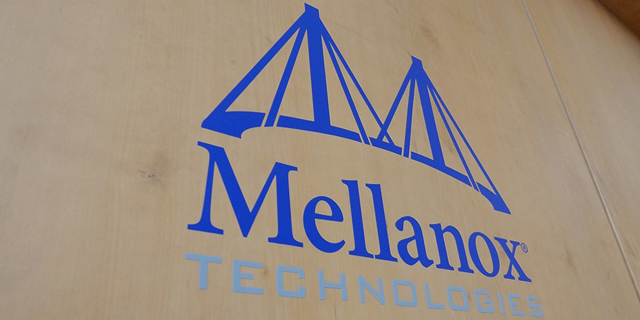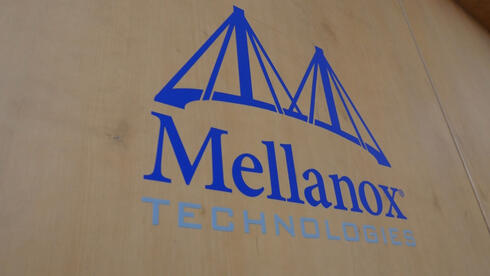
What’s behind China’s late investigation into Nvidia’s acquisition of Mellanox?
The probe, coming as tensions between the US and China escalate over semiconductor technology and trade policies, is scrutinizing whether Nvidia breached commitments made during the 2020 conditional approval of the Mellanox deal. These conditions included providing fair access to GPU accelerators and Mellanox networking equipment in China and prohibiting anti-competitive practices like forced bundling and discriminatory terms.
China announced on Monday that it has launched an anti-monopoly investigation into Nvidia, focusing on alleged violations linked to the company’s acquisition of Israeli company Mellanox Technologies. The probe, conducted by the State Administration for Market Regulation (SAMR), scrutinizes whether Nvidia breached commitments made during the 2020 conditional approval of the Mellanox deal. These conditions included providing fair access to GPU accelerators and Mellanox networking equipment in China and prohibiting anti-competitive practices like forced bundling and discriminatory terms.
The SAMR did not detail specific allegations against Nvidia but emphasized its concerns about compliance with these regulatory obligations. The investigation comes as tensions between the U.S. and China escalate over semiconductor technology and trade policies, with both nations taking retaliatory actions.
Nvidia acquired Mellanox for $6.9 billion in 2020, marking a strategic move to strengthen its data center and high-performance computing capabilities. The deal was initially met with concern over potential regulatory hurdles amid ongoing Sino-U.S. trade disputes, but China’s conditional approval eased investor apprehension at the time.
This latest scrutiny of Nvidia’s Mellanox acquisition is part of broader geopolitical friction. It follows new U.S. export controls targeting China's semiconductor industry and a corresponding Chinese ban on exports of critical minerals to the United States.
The investigation comes after the U.S. last week launched its third crackdown in three years on China's semiconductor industry, which saw Washington curb exports to 140 companies, including chip equipment makers.
Last week, four of China's top industry associations issued a rare and coordinated response saying that Chinese companies should be wary of buying U.S. chips as they were "no longer safe" and should buy locally instead.
Shortly after Washington's announcement, Beijing banned exports to the United States of the critical minerals gallium, germanium and antimony.
Nvidia is one of many companies caught up in U.S.-China friction. U.S. sanctions in 2022 banned shipments of A100 and H100 AI chips to China, leading Nvidia to develop modified versions. These China-specific variants were later restricted under tightened U.S. controls in October 2023, prompting Nvidia to release another set of modified chips for the Chinese market.
Nvidia and the merged entity were set multiple conditions, requiring them to supply GPU accelerators to the Chinese market on "fair, reasonable, and non-discriminatory" terms.
The companies must also provide customers and distributors the opportunity to purchase up to one year's inventory of Nvidia GPU accelerators and Mellanox networking equipment under these terms.
Related articles:
The conditions also prohibit forced product bundling, unreasonable trading terms, purchase restrictions and discriminatory treatment of customers who buy products separately.
The last time China launched an anti-monopoly probe into a high-profile foreign technology firm was in 2013, when it investigated Qualcomm's local subsidiary for overcharging and abusing its market position in wireless communication standards.
Qualcomm later agreed to pay a fine of $975 million, which was the largest China had ever handed out to a company at the time.
An Nvidia spokesperson stated, "We work hard to provide the best products we can in every region and honor our commitments everywhere we do business. We are happy to answer any questions regulators may have about our business."
